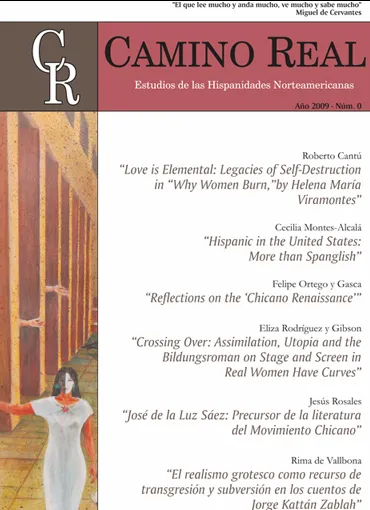
Patricia Cardoso’s Real Women Have Curves (2002) opened to widespread critical acclaim and moderate commercial success, garnering two awards at the Sundance film festival for its starring actors América Ferrara and Lupe Ontiveros for their roles as Ana, the film’s protagonist and Carmen, her mother. Based on Josefina López’s play of the same name, the cinematic adaptation directed by Patricia Cardoso, and written by López in collaboration with producer George Lavoo, the film was the first theatrical release from HBO films. As it is one of the first Hollywood films with Latinas in prominent roles behind and in front of the cameras, questions of representation and self-representation are particularly germane.1 Kevin Thomas, in a review for the Los Angeles Times describes the film’s “crossover appeal for anyone who either pulled himself or herself up by the bootstraps or dealt with weight issues— or both” (Thomas). It is precisely this crossover appeal, and the tensions of crossing over (of nation, culture, class, and genre) that this essay examines. Utopia and the bildungsroman are major tropes in the western literary tradition, and form the lenses through which we can view the articulation of Chicana subjectivity in Cardoso’s film and López’s play, while illuminating some of the tensions and costs of “crossing over.”


